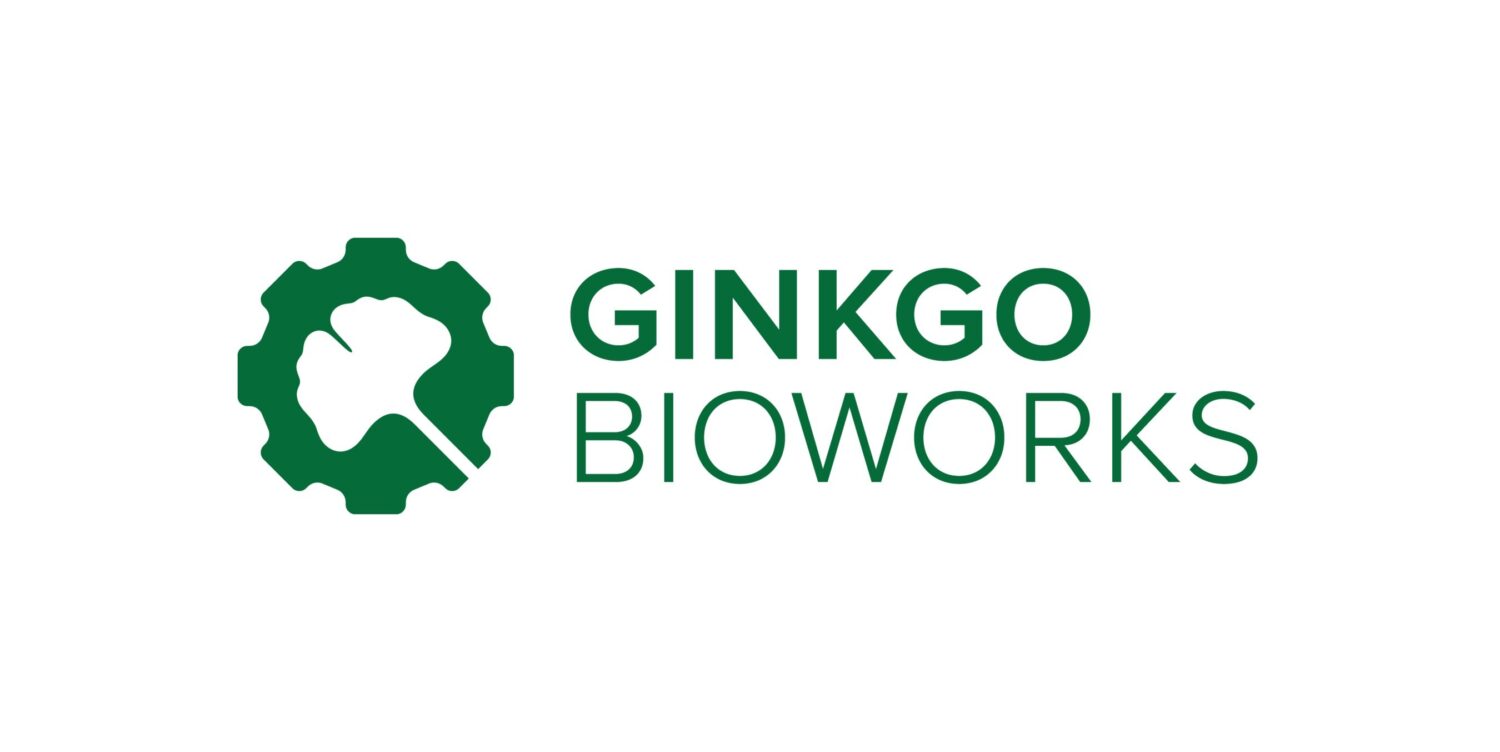
What You Should Know:
– Ginkgo Bioworks has announced a new strategic partnership with Inductive Bio and Tangible Scientific to make AI-driven “lab-in-the-loop” drug discovery more accessible to the industry.
– The collaboration combines high-throughput experimental workflows, streamlined compound management, and predictive chemistry AI models into one seamless, integrated service. This is designed to help scientists discover better drugs with fewer resources by delivering capabilities that previously required massive platform investments.
Optimizing Drug Discovery Process
The new collaboration connects three key capabilities to streamline the drug discovery process:
- Ginkgo Datapoints’ rapid ADME profiling: This service provides high-quality readouts, including microsomal stability, kinetic solubility, P450 inhibition, and permeability. It benefits from accelerated U.S.-based logistics and in-house lab automation.
- Inductive Bio’s model-driven chemistry design platform: The Compass platform allows chemists to explore and rank design ideas using fine-tuned ADMET prediction models. These designs can be sent for experimental validation, creating a feedback loop that combines predictive accuracy with real-world results.
- Tangible Scientific’s API-enabled compound management platform: This platform orchestrates the secure storage, handling, and rapid movement of customer compounds. Researchers can submit orders, receive real-time status notifications, and access structured assay results in days, not weeks.
Streamlined Logistics, Real-Time Data Delivery
By tightly coupling these model-driven designs with streamlined logistics and real-time data delivery, the partnership aims to reduce the time and uncertainty in early-stage drug development. This approach also aligns with the FDA’s push for faster, more efficient development timelines, onshored manufacturing and services, greater use of AI tools, and the adoption of non-animal approaches in preclinical testing.
Availability
The services are now available for pharmaceutical and biotech teams who are looking to improve ADMET optimization and reduce iteration times on their programs and across their portfolios.
